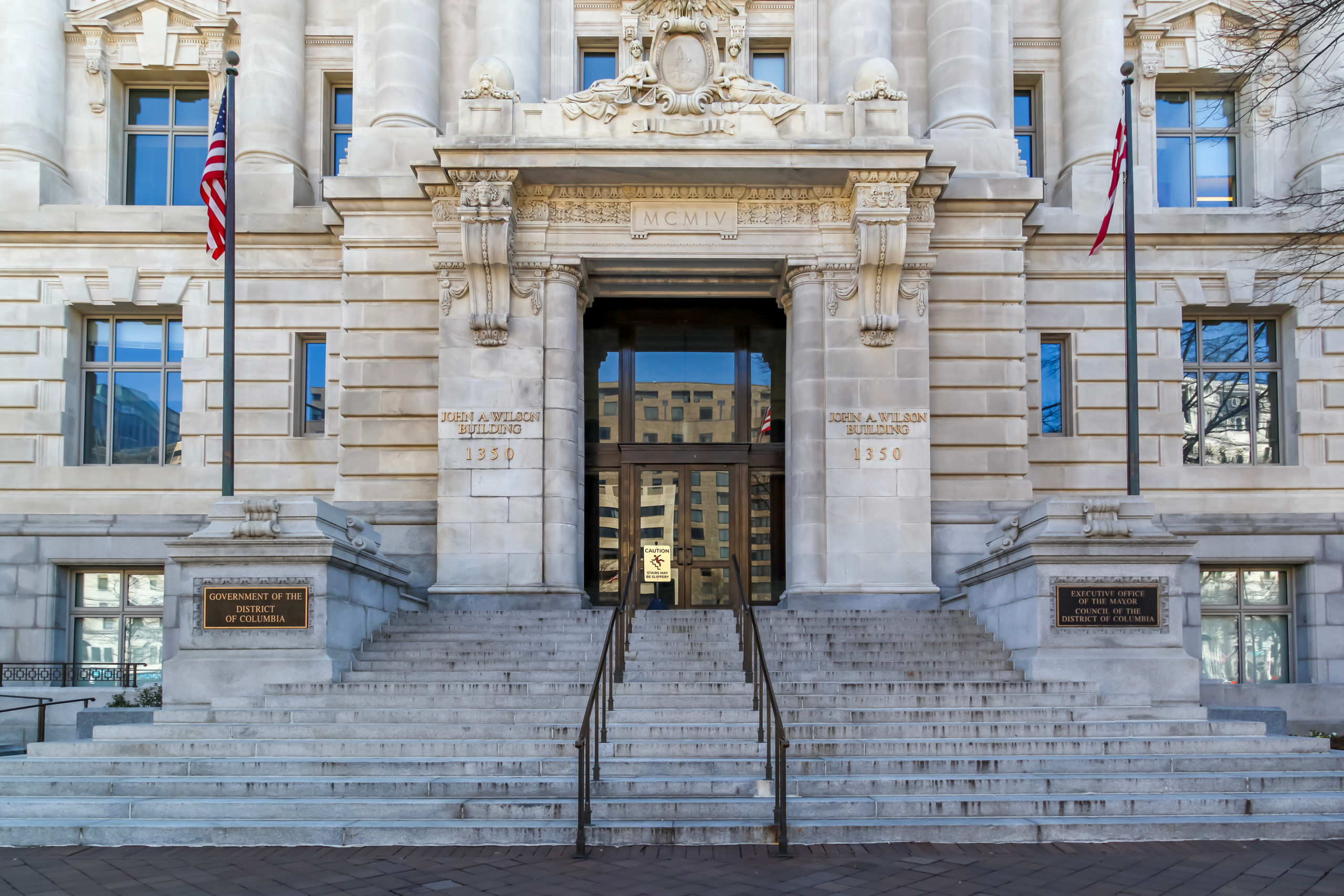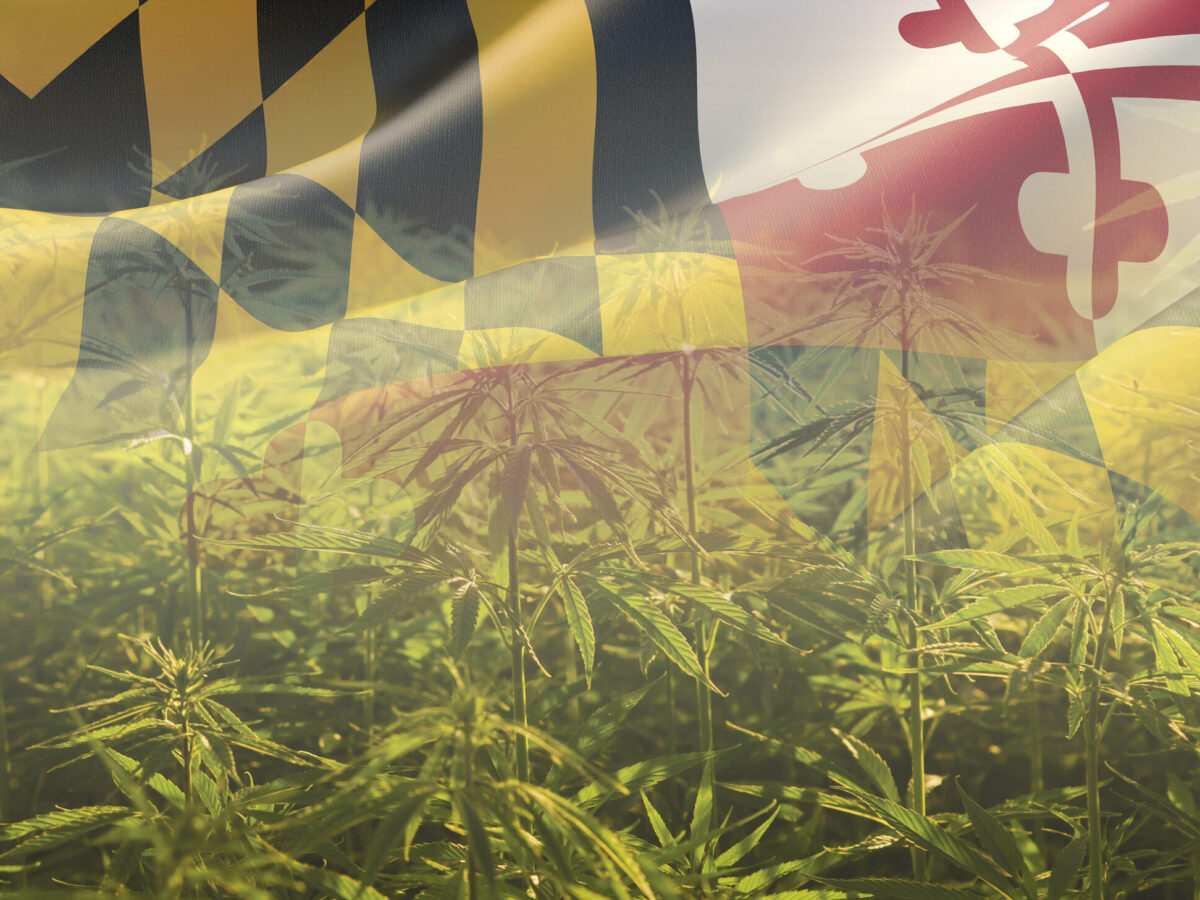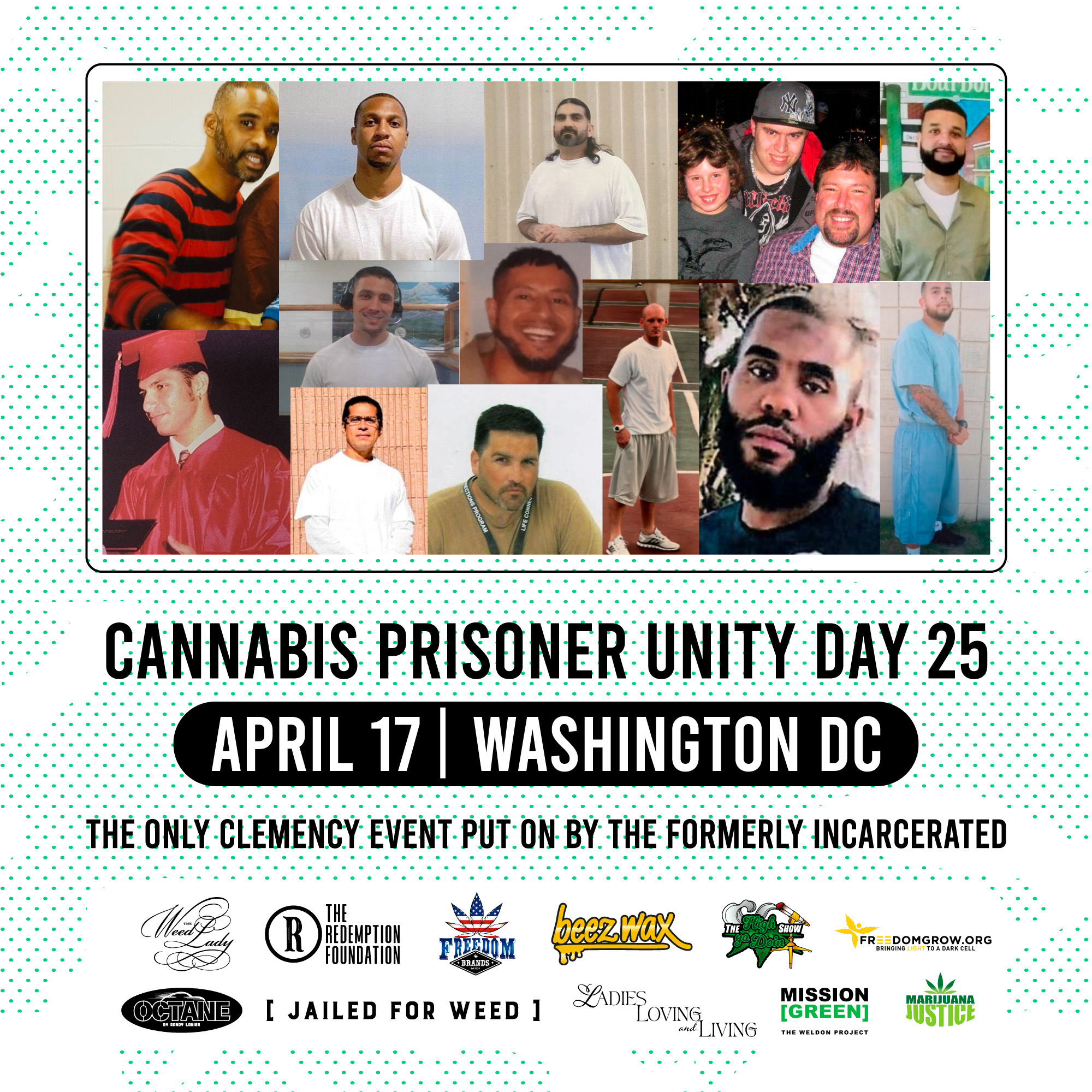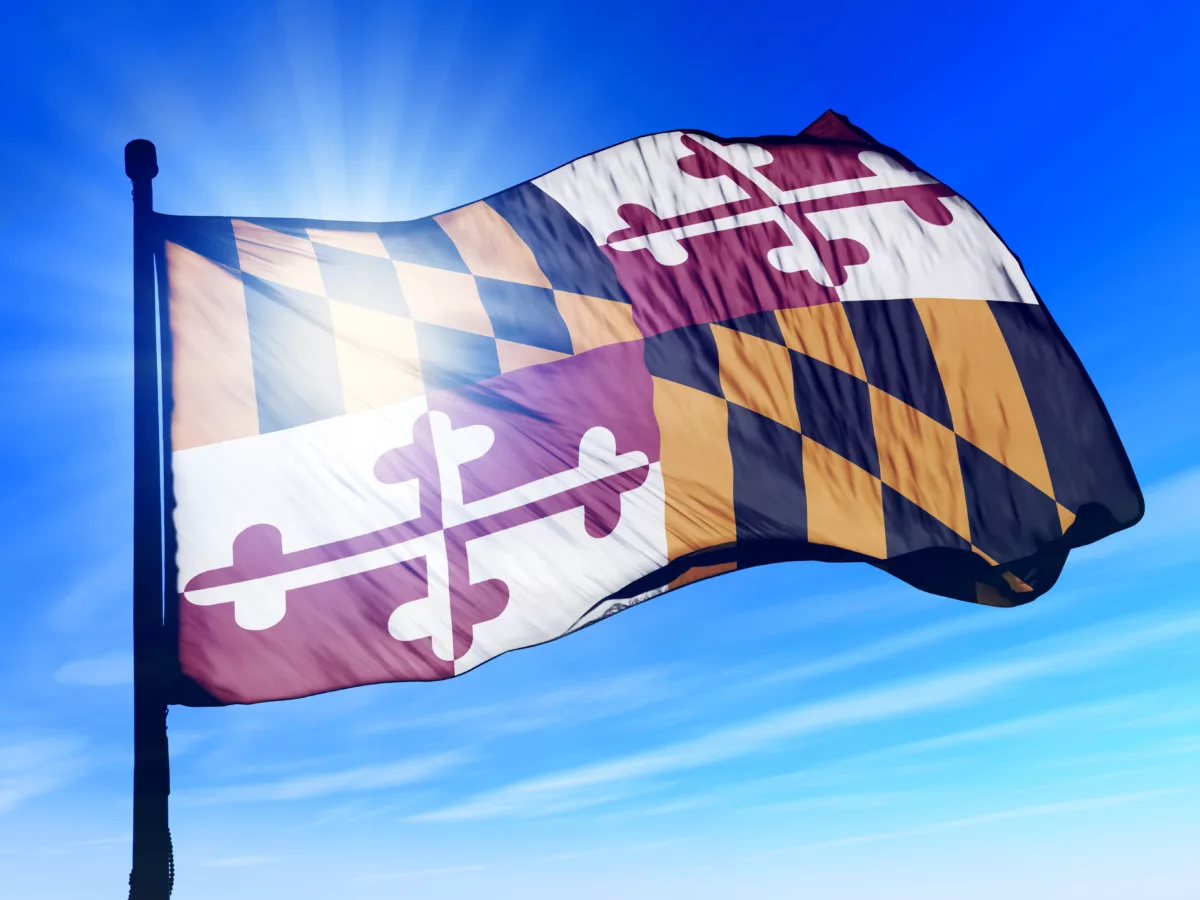Cannabis is about to have its big day in the D.C. spotlight. On Friday, the D.C. Council will hold its first-ever hearing on the Comprehensive Cannabis Legalization and Regulation Act, a bill to legalize recreational weed sales.
Introduced last March by D.C. Council Chairman Phil Mendelson, the 72-page bill has been long in the making. Its core purpose is to launch a regulated market for adult-use weed, though it includes other important reforms. Those key provisions include:
- The automatic expungement of most cannabis-related arrests and convictions.
- Allocating 50% of tax revenue from cannabis sales to a fund that will shore up communities hard hit by the prohibition of drugs.
- Setting aside at least half of all cannabis business licenses for people affected by cannabis prohibition, also known as “social equity applicants.” Another 30% of cannabis tax revenue would be used to provide financial assistance to those applicants.
- The renaming of the Alcoholic Beverage Regulation Administration (ABRA) to the Alcohol Beverage and Cannabis Administration.
- A 13% excise tax on all retail weed sales.
The hearing on Friday will be held virtually, and is all but certain to be a marathon. It kicks off at 9 a.m., and could extend late into the evening. Dozens of people have already signed up to testify at the hearing, with testimonies capped at three minutes each. Those who wish to testify should sign up on the council’s website by the end of business hours on Wednesday, and submit a written testimony 24 hours prior to the hearing.
Experts anticipate the legislation as a whole won’t face much opposition from within the council. Half of the council has already backed the bill, with co-sponsors including Councilmembers Kenyan McDuffie, Charles Allen, Brianne Nadeau, Brooke Pinto, Christina Henderson and Mary Cheh.
“The main issue of whether we should legalize and regulate [cannabis] is not controversial,” Ben Young, a lobbyist for the D.C. Craft Cannabis Coalition, told The Outlaw Report.
Still, the road to the bill’s passage remains bumpy.
Before it goes to a vote, it will need to be marked up by three council committees: the Committee on Judiciary and Public Safety, Committee on Business and Economic Development, and Committee of the Whole.
And there’s a much bigger roadblock still: Congress has yet to officially lift a longstanding budget rider that bans D.C. from launching a market for recreational cannabis sales. Both the Senate and House have advanced budget proposals that omit the rider, but a full budget has yet to pass. Lawmakers have until Dec. 3 to decide whether they’ll extend a short-term funding bill – also known as a continuing resolution – or pass a full budget for Fiscal Year 2022. If they decide to extend again, the ban on retail cannabis will live on, meaning the D.C. Council will likely delay a vote on Mendelson’s bill.
Young said that the D.C. Council will now be focused on fine-tuning the details of Mendelson’s bill, and that the legislation should pass unanimously once Congress lifts the Harris rider.
But while there’s general consensus that it’s past time to legalize retail weed in the District, not everyone agrees on how to go about it.
Perhaps the biggest sticking point is what to do about the dozens of semi-legal or “gray market” cannabis businesses that have since 2014 relied on a loophole in District law to “gift” pot. From upscale brick-and-mortars to app-driven delivery services, D.C.’s gray market for weed has over the last decade evolved into a full-fledged economy, employing hundreds of people and generating millions in sales.
Those businesses are currently stuck in an awkward legal limbo where authorities consider them unlawful while largely turning a blind eye to their activities. (D.C Police routinely conduct raids on “gifting” businesses, but it’s unclear why some are targeted while others aren’t.)
Mendelson’s bill could deal a hard blow to D.C.’s gray market businesses by closing the “gifting” loophole that has kept them alive since the passage of Initiative 71, which in 2014 legalized the possession, home cultivation and gifting of cannabis in the District.
“If the bill passes as written, the gray market is effectively kaput the day it becomes law,” Young said.
Section 25-2102 of the bill says “it shall be unlawful to give marijuana or marijuana products for free to a person in exchange for their purchasing another item or service, making a donation, engaging in advocacy, joining a club or organization, or paying a cover charge for a party or event.”
Advocates have pushed back against summarily shutting down the gray market, arguing that “gifting” businesses should have the opportunity to join a new retail weed industry. As an alternative, some have proposed giving gray market businesses a grace period to obtain a city-issued permit to sell recreational pot.
Another point of contention is whether or not D.C.’s medical cannabis industry, which is already legal and regulated, should be given priority to join the new recreational market.
Under Mendelson’s bill, D.C. would only consider recreational license applications from medical operators and social equity applicants for one full year after the recreational market officially launches. That provision could sit poorly with advocates who say medical cannabis operators already have a leg up, and don’t need more help to join the recreational industry.
“I think that will be problematic for a lot of folks,” Young said
D.C. Marijuana Justice on Wednesday announced it would propose an amendment to Mendelson’s bill to create a “cottage industry license” that would allow small cannabis growers to sell their products to retailers and at farmers markets.
“We have an obligation to implement a system that does not shut out any cannabis entrepreneur who wants to make an income, will abide by the regulations, and pay sales and taxes on profits,” said DCMJ co-founder Adam Eidinger.
“In state after state, legislatures have left out many American entrepreneurs by allowing an exclusive ‘Big Pot’ oligopoly to dominate the local adult-use marketplace. We can break the cannabis oligopoly here in DC if we just legalize with the little guy in mind.”






